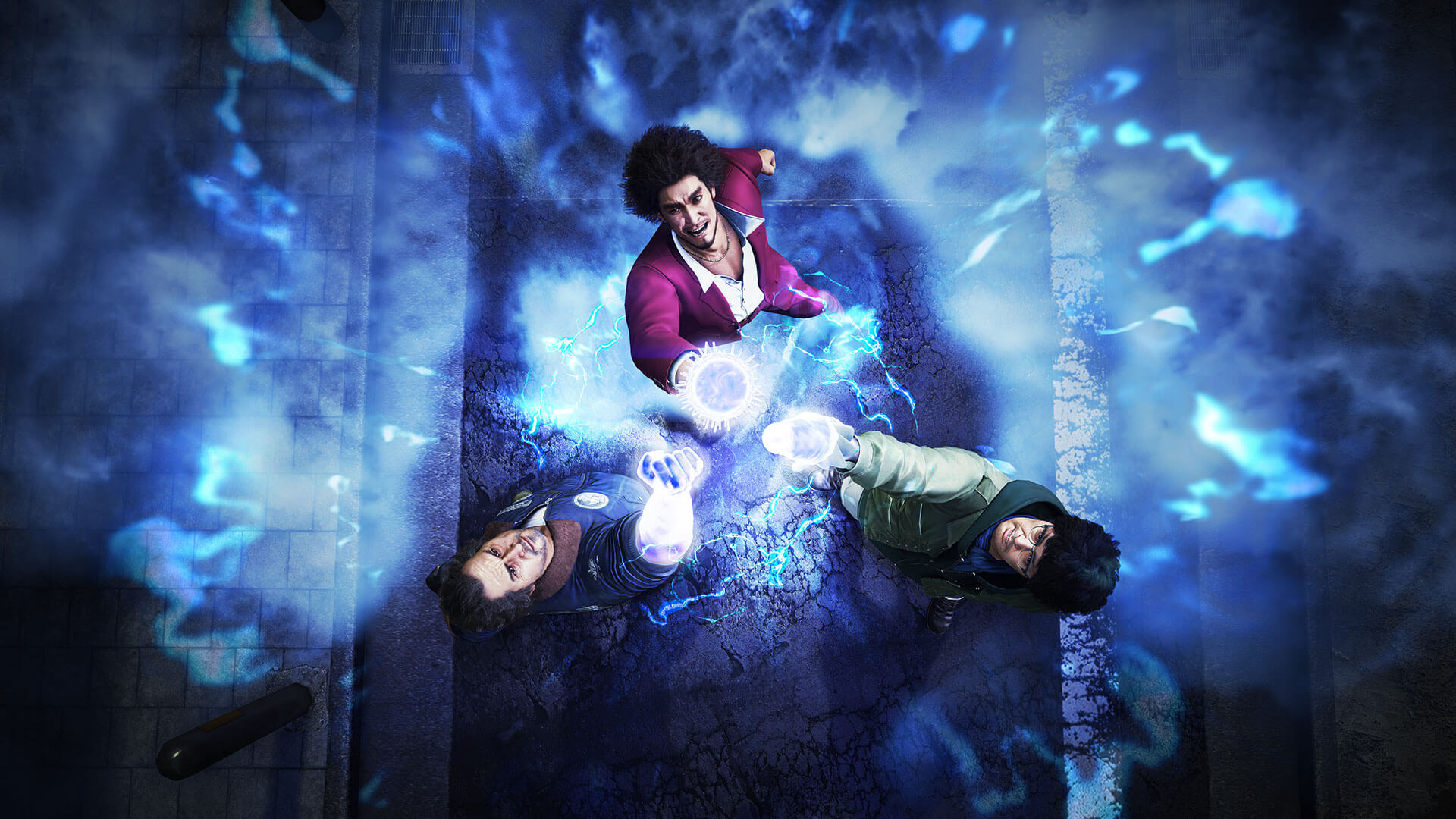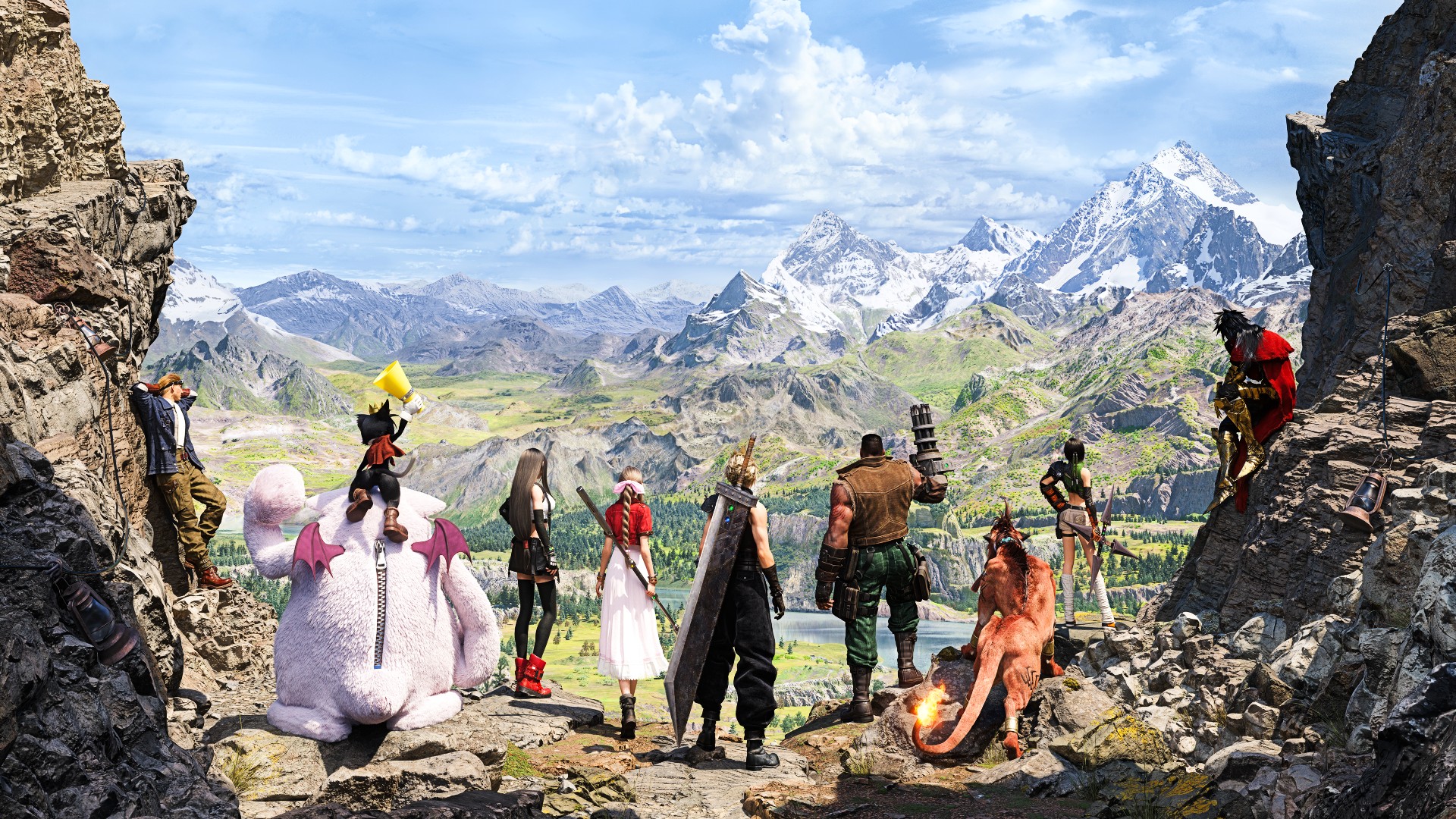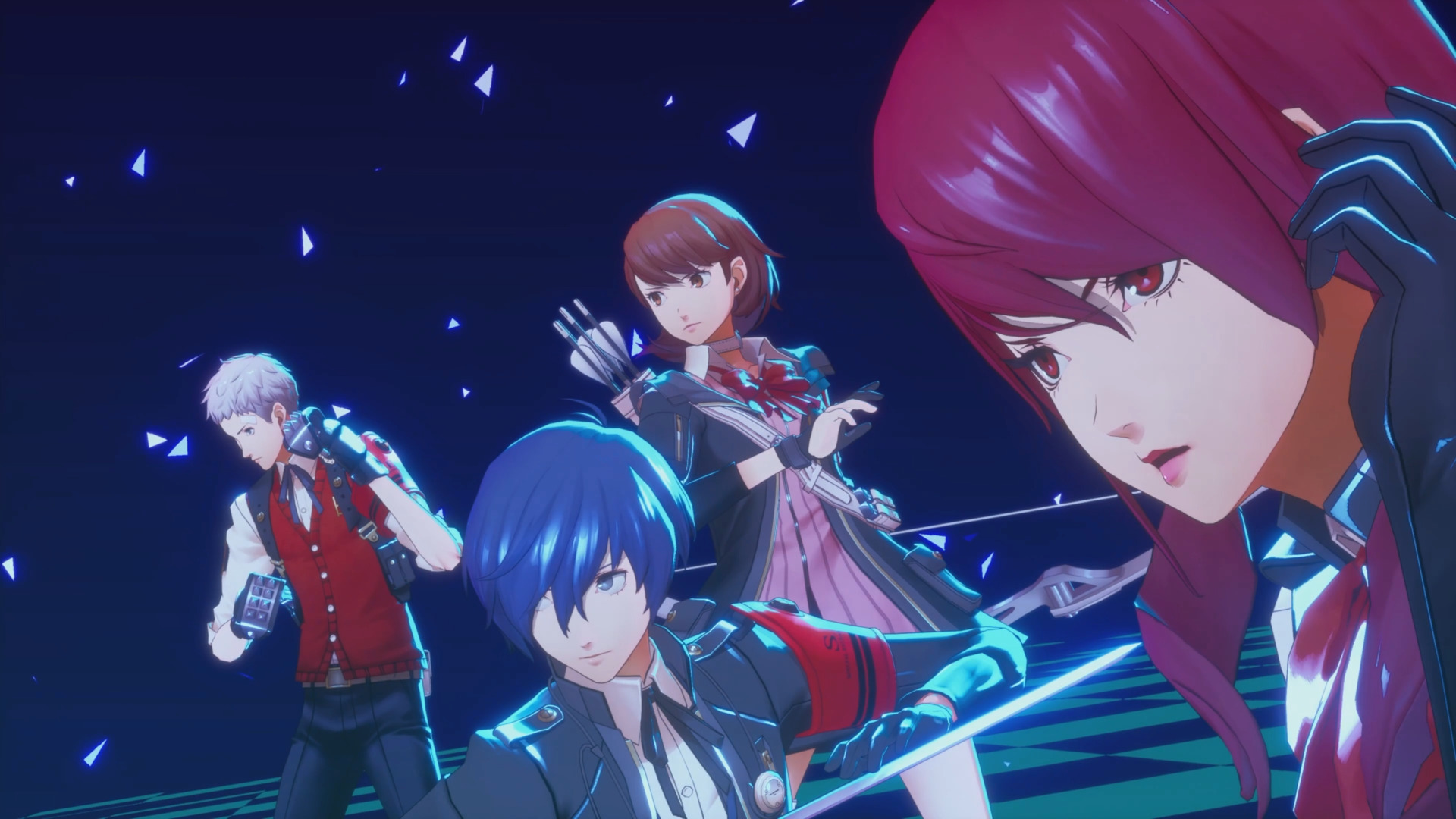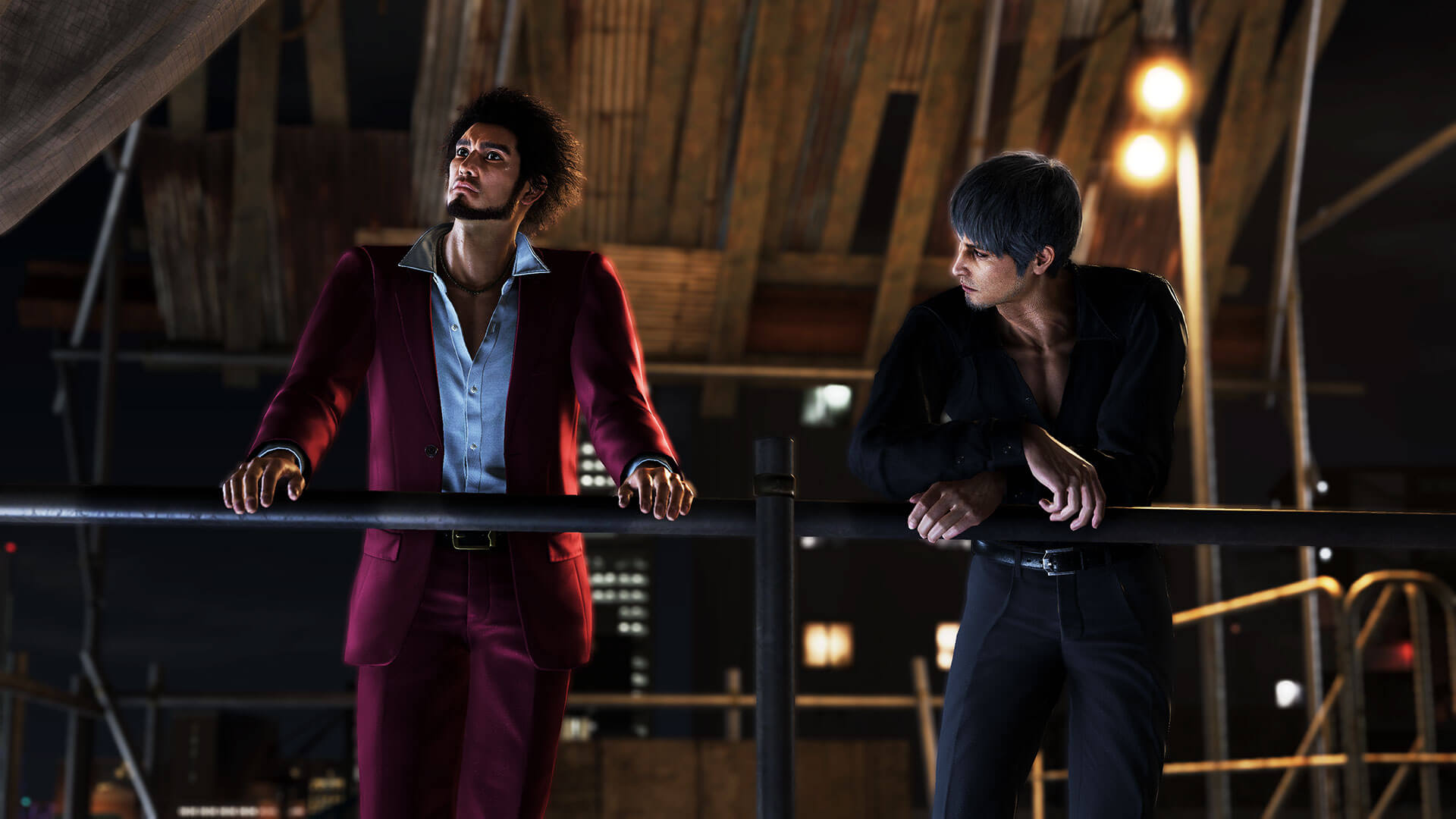
As a gainfully employed 30-something, I'm of the strong opinion that video games are just too dang big these days. I joke about it, but it's a genuine struggle keeping up with so many buzzed-about releases when so many of them are 100-hour commitments. And yet, even with JRPG behemoths like Like a Dragon: Infinite Wealth, Final Fantasy 7 Rebirth, and Persona 3 Reload gluttonously eating up every ounce of my free time, I couldn't be happier.
Don't get me wrong, it pains me to have to hold off on games like Pacific Drive and Helldivers 2 for the time being, but if there's one genre I'm happy to be swallowed whole by, it's JRPGs. With colorful, expansive worlds to explore; lovable, unambiguously heroic protagonists; themes of redemption and friends becoming family; and oodles of silliness to break up the melodrama, JRPGs in general are uniquely built to not only hold my interest, but provide such pleasing worlds in which to live that sometimes I never want to leave.
Light in the darkness

There's nothing like the thrill of a good horror game, but even my black and cobwebbed heart occasionally grows weary of the macabre, especially after a stellar 2023 with Resident Evil 4 Remake, the new Dead Space, and my dazzling pick for GOTY 2023, Alan Wake 2. Keep in mind, I'm also prone to true crime binges and forbidden explorations of the darkest, most obscure Japanese horror movies, so I'll naturally find myself crying in a puddle of my own making from time to time, in need of something of bright contrast.
JRPGs aren't just the life-affirming counterweight to my obsession with the dark and twisted. They're also the only kinds of games I can surround myself with, on rotation, for weeks on end and not once think of reaching for something else until I'm finished with them.
MMOs, by contrast, are another example of games I have a certain undefined threshold for. Without fail, the enduring genre beckons me a few times each year to return home and pledge to get really into Ultima Online again, but it never sticks. Elder Scrolls Online keeps me well-fed with a steady drip of new content every year, and I'm especially keen on checking out Gold Road in June, but ultimately there just isn't enough variety in the MMO grind that I can subsist solely on it.
Not even my tried and true evergreens – Sea of Thieves, Smash Bros., and old Zelda games – can claim unilateral control of my limited attention span. I won't claim to know exactly why, but there's just something about JRPGs very specifically that scratches my brain itch like nothing else.
Different folks

At risk of sounding reductive, I fully acknowledge that the three massive JRPGs I'm playing right now are very different games with their own distinct vibes. It'd be an awful disservice to Ichiban Kasuga and Kiryu Kazuma's bloody romp through Hawaii, Cloud Strife and co.'s crusade against Shinra, and Makoto Yuki's quest to uncover the mystery of the Dark Hour to suggest otherwise. In fact, the stark tonal contrasts between the respective games, and between most games in the loosely defined JRPG space, is another reason I find the genre so endlessly enjoyable.
Yes, the Like a Dragon series is quintessentially JRPG, overtly inspired by Dragon Quest, and yet, there's nothing like it; nothing even comes close. What other series interrupts your violent search for answers in a crime-addled Japan with a crawfish named Nancy that supports you in fights after you rescue her? None, that's what.
It also helps that, about 40 hours in, Like a Dragon: Infinite Wealth has become my favorite Yakuza game yet. I was introduced to the series with 2020's Yakuza 7: Like a Dragon and have grown accustomed to its turn-based combat and endeared toward its chief protagonist, the aloof but strong-willed Ichiban Kasuga. I'm a big Kiryu fan too, so seeing them together, leading me through a powerful, dramatic story of friendship, trust, and rehabilitation, has been a source of eternal delight.
I'm not as far into Final Fantasy 7 Rebirth, having gotten a code from the publisher a couple of weeks ago, but already it has the potential to top Final Fantasy 10 and Final Fantasy 15 (yes, I said it) as my favorite entry in the long-running series. Its weighty narrative and emotionally charged characters hit with an equal or superior intensity to 2020's Remake, but there's an added openness to its design that lets me decide my own pace. In particular, exploring Costa Del Sol via segway dressed in beach attire is exactly the sort of silly, lighthearted touch I felt was missing in Rebirth's predecessor.
By contrast, I have no idea if Persona 3 Reload will be able to top Persona 5 Royal, one of my favorite JRPGs ever, but I'm loving it so far. The mystery element compelling me through each and every plot twist, the dating sim backed by writing that makes the investment worth it, and the unmistakable style and atmosphere - no one does it quite like Atlus. Enough said.
It's the friendships, stupid

I've had a semi-casual, flirtatious relationship with JRPGs since games like Kingdom Hearts and Final Fantasy 10 helped define my childhood summers, but it wasn't until 2018's Dragon Quest 11 that I truly fell in love. And again, it took until this very month, when I first became inundated by a feast of the freshest and choicest selections, that I realized how uniquely healing these games can be.
I touched on it before, but to expand a little, I've struggled with depression and anxiety since early childhood, and it would take more therapy sessions than I can afford to figure out why I've decided to turn to horror, of all things, as my preferred entertainment subgenre. I'll never know what stubborn inner mechanism demands to be fed disturbing, hopeless, and depraved content all the time in the face of so many real-world horrors, but thankfully I have a much better understanding of my affinity for JRPGs.
At their core, I think JRPGs are about friendship. The single constant I can identify amid myriad other, less defined traits, is that you're almost never alone, even though you often start out that way. And by virtue, these games are also about hope. I won't spoil anything, but there's absolutely no rule that says JRPGs have to have happy endings, and yet, because invariably a deep bond rooted in mutual trust has united your party, the days ahead will always be brighter.
I'm privileged to have a wonderful support system in real life, and it's undoubtedly the only thing getting me through the unprecedented turbulence not only globally, but in my personal life in recent years. JRPGs not only reflect the faces of my friends and family in their diverse characters, but provide a whole other support system that exists in these virtual worlds reminding me, without fail, to always have hope.







